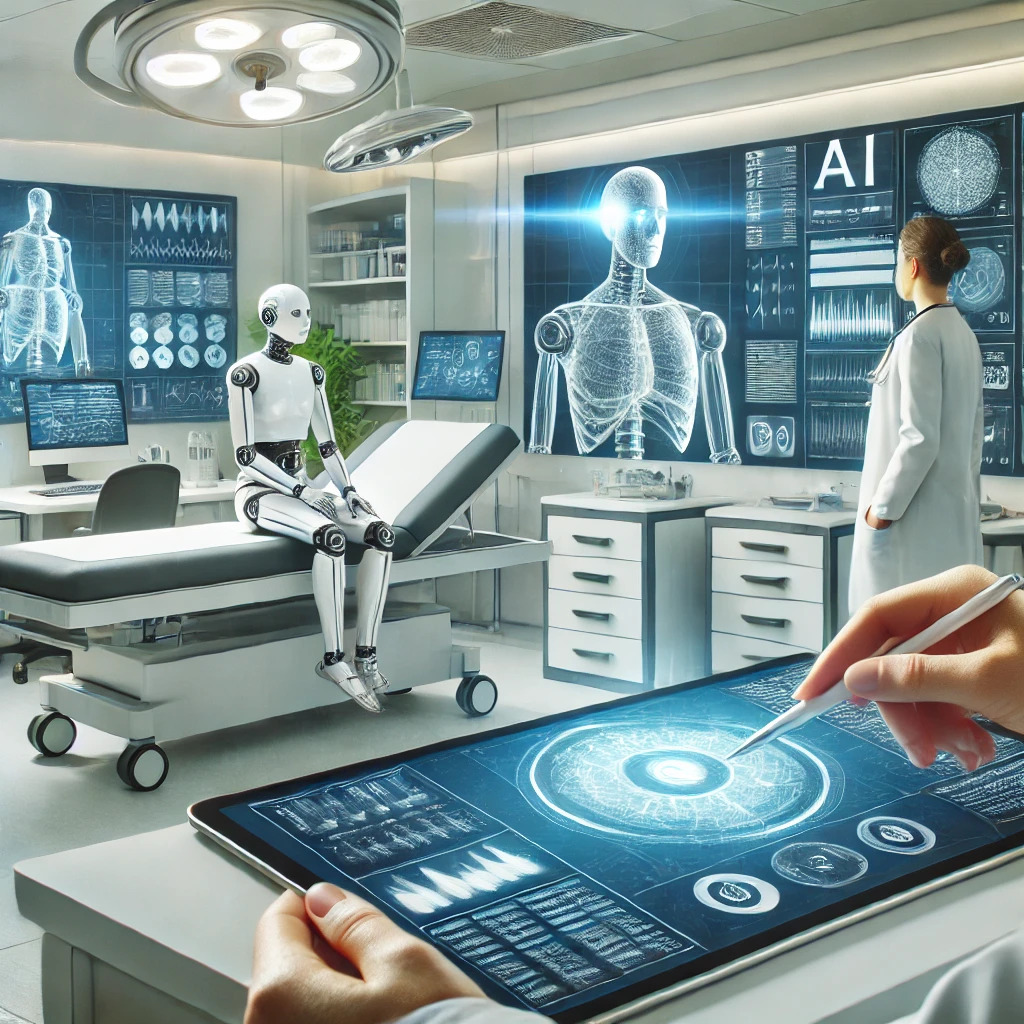Artificial intelligence (AI) is making waves in healthcare, changing the way patients receive care and how medical professionals approach treatment. From streamlining administrative tasks to assisting in diagnostics, AI is proving to be a powerful tool with the potential to revolutionize healthcare. For many, AI is becoming more than just a tool—it could become their best advocate.
AI: A Game-Changer in Medical Advocacy
One of the most promising areas where AI is making an impact is in the often complex and frustrating world of insurance coverage approvals. A doctor recently shared that after implementing an AI-driven tool, nearly 90% of his requests for coverage were approved, a stark contrast to the 10% approval rate he experienced before using the AI system. This drastic improvement highlights AI’s ability to quickly analyze data, navigate insurance protocols, and advocate for patients’ needs more effectively than traditional methods.
AI systems can sift through vast amounts of patient information, compare cases, and cross-reference insurance policies in real time, helping physicians submit stronger, more accurate coverage requests. This leads to faster approvals for necessary treatments, reducing delays and allowing patients to receive care sooner.
How AI is Revolutionizing Healthcare
Beyond its role in insurance advocacy, AI is transforming healthcare in a variety of ways:
- Enhanced Diagnostics: AI algorithms can analyze medical images, blood tests, and genetic data with unparalleled speed and precision. Tools like these are helping doctors detect diseases like cancer, heart conditions, and diabetes earlier and with greater accuracy.
- Personalized Medicine: AI-powered platforms are enabling doctors to tailor treatments based on a patient’s unique genetic makeup and health data. This individualized approach can improve outcomes, reduce side effects, and offer patients more targeted care.
- Virtual Health Assistants: AI-driven virtual assistants are becoming more common in patient care. These tools can help schedule appointments, monitor symptoms, and even offer reminders for medication, providing continuous support to patients.
- Operational Efficiency: AI is automating administrative tasks like scheduling, billing, and record-keeping, freeing up more time for doctors to focus on patient care.
AI as a Patient’s Best Advocate
For patients navigating a complex healthcare system, AI could serve as a vital ally. By ensuring faster insurance approvals, providing accurate diagnoses, and assisting with personalized care plans, AI tools can help ensure that patients receive timely and effective treatment. Additionally, AI can analyze patterns in healthcare disparities, potentially advocating for underserved populations by highlighting areas of inequity in care delivery.
The Future of AI in Healthcare
As AI continues to evolve, its role in healthcare will only grow. Future developments may include AI-powered predictive models that can foresee health risks and suggest preventative measures or fully automated AI systems capable of handling routine patient consultations.
While AI won’t replace human doctors, it is poised to be a valuable partner in patient care—one that is both efficient and effective at advocating for the best outcomes. For patients, this means more accurate diagnoses, faster treatments, and potentially, a more equitable healthcare system.





